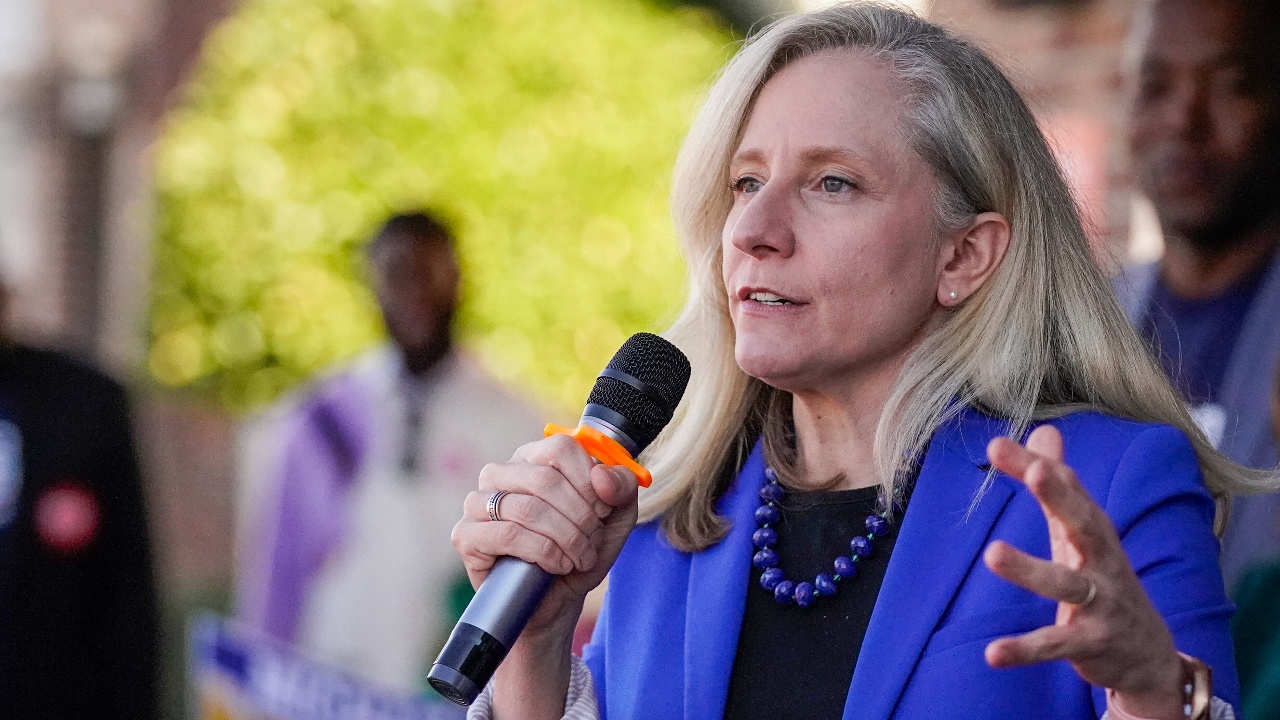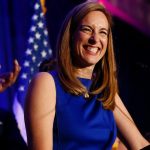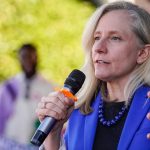Abigail Spanberger is poised to make history as Virginia’s next governor, a role that will see her become the first woman to lead the Commonwealth. Her political ascent, however, is deeply rooted in a life of public service that began far from the campaign trail. Before entering politics, Spanberger built a formidable career as a CIA operations officer, where her work investigating nuclear proliferation and terrorist financing required a level of secrecy and dedication that few professions demand.
This background in national security and law enforcement has fundamentally shaped her approach to governance, informing a pragmatic and centrist political identity. While her professional journey is a matter of public record, constituents and observers often seek a more personal understanding of the individual who will lead the state, including questions surrounding her ethnicity and religious beliefs. These facets of her identity, though less prominently featured in her public profile, contribute to the full picture of Virginia’s governor-elect.
You Might Like: Curtis Sliwa’s Four Marriages & Three Sons
A Trailblazing Political Journey
Abigail Spanberger has made history by being elected as the Governor of Virginia, a groundbreaking achievement that will make her the first woman to hold the office in the Commonwealth’s history when she is sworn in. Her victory over Republican candidate Winsome Earle-Sears marks a significant milestone. Her path to the governor’s mansion has been unique, shaped by a notable career in public service long before she entered the political arena.
A former federal law enforcement officer with the U.S. Postal Inspection Service, she later spent more than eight years as an undercover operations officer for the Central Intelligence Agency. Her work at the CIA, which was declassified after she left the agency, involved gathering intelligence on nuclear proliferation and terrorist threats, a role that required her to keep the details of her job secret from even her closest friends.
Democrat Abigail Spanberger will become Virginia’s first female governor. (AP) pic.twitter.com/dIhQl3eoqt
— Pop Base (@PopBase) November 5, 2025
After leaving the CIA, Spanberger’s entry into politics was catalyzed by the 2016 election and a specific congressional vote to repeal the Affordable Care Act, which she felt would harm Virginians. She successfully flipped a Republican-held U.S. House district in 2018, becoming part of a group of Democratic congresswomen with national security backgrounds known as the “Mod Squad” for their centrist approach.
After three terms in Congress, she set her sights on the Virginia governorship, running a campaign focused on issues like strengthening public education, lowering costs for families, and protecting abortion rights. Her platform, combined with the deep unpopularity of former President Donald Trump in the state, ultimately led her to a decisive victory in the 2025 election.
The Personal Background of a Public Figure
When it comes to the personal dimensions of her identity, the public records provide some details while leaving other questions unanswered. In terms of ethnic background and race, Spanberger was born Abigail Anne Davis in Red Bank, New Jersey, in 1979. She is of White ethnicity. Her early life was shaped by a family dedicated to service; her father was a police officer and later a federal agent with the U.S. Postal Inspection Service, while her mother worked as a nurse. Her interest in languages and other cultures began in childhood, teaching herself Spanish and later learning French, German, and Italian.
Regarding religion, the available reports do not specify Abigail Spanberger’s personal religious beliefs or affiliation. Her public communications, however, offer some insight into her stance on matters of faith and community. In April 2025, she earned an endorsement from the Jewish Democratic Council of America (JDCA). In response, she stated, “At a time when we are seeing a rise in hate – and violence – directed at our Jewish neighbors… we must continue to stand with and defend Jewish communities to combat hatred and antisemitism in all forms.” This suggests a commitment to protecting religious freedom and safety for all communities, though it does not define her own faith.








